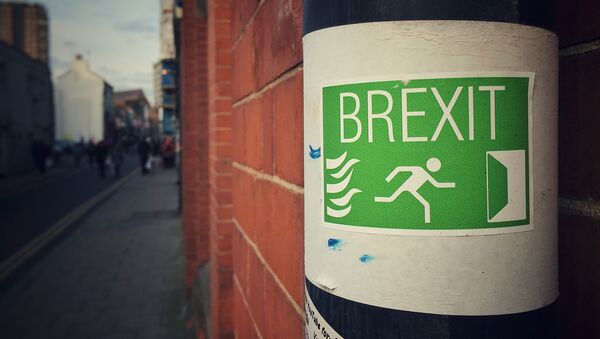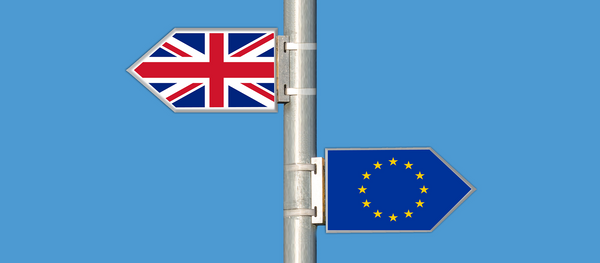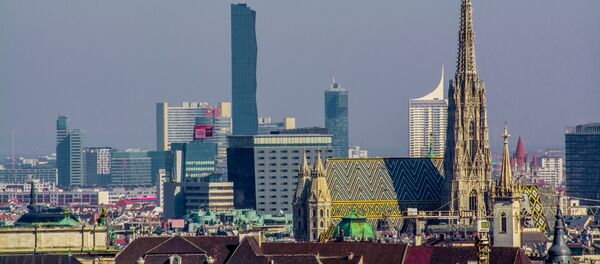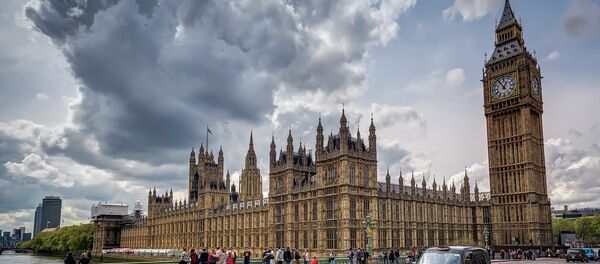Several eurosceptic political parties across Europe are now calling for EU membership votes in their countries, which may result in over 30 referendums on various issues in the coming years, a report by the European Council on Foreign Relations read.
"It's really clear that some of the themes we saw coming out in the UK referendum campaign are prevalent across EU states," the author of the report, Susi Dennison told BBC Radio.
"Although a lot of the parties that we looked at were founded on domestic issues, the impact of the refugee crisis, the austerity agenda in Europe and so on, is leading these parties to develop quite a strong foreign policy which is really challenging some of the basic tenets of the European post-war consensus," she added.
Dennison explained that European "insurgent" parties are drawing inspiration from the achievements of the UK Independence Party (UKIP) after the British vote.
Brussels wants the UK to withdraw as quickly as possible, in a bid to curb the spread of "-exits" across the bloc, an article on Euronews read.
British political analyst Ian Bond said that a lot will now depend on what happens to Britain.
"You don’t want to make it look too attractive in the outside world. I think the Boris Johnson approach that 'I’m pro cake and pro eating it' is just not going to fly, European leaders are going to say — well you have a choice, it’s a binary choice, and that’s that," he said in an interview.
UKIP leader Nigel Farage said that Brexit may start a surge of euroscepticism across the EU.
The Netherlands may be the next country to vote on leaving the EU. According to recent polls, 47 percent of its citizens are positive about country’s withdrawal from the bloc. Geert Wilders, leader of the Dutch Party for Freedom, plans to use this in his election campaign.
Recently, Wilders met with French right-wing politician Marine Le Pen, leader of the National Front Party. Le Pen is known for her active support for France leaving the EU.
"I'll be Madame Frexit if the European Union doesn't give us back our monetary, legislative, territorial and budget sovereignty," Le Pen said.
"There's a very strong group that have watched what UKIP have achieved in terms of hijacking the mainstream agenda in the UK and are very keen to take that forward in their own countries," Susi Dennison noted.
According to the report, those parties play a direct role in the national government of eight EU member states and hold 1,329 seats in 25 countries.
"These parties could act as a significant block in upcoming EU Council plans for a migration compact with neighboring transit countries and many will oppose the extension of Russia sanctions beyond the summer," it read.
"We need to reaffirm the benefits of European integration for growth and security in Europe. We need to make the EU ideas more attractive for people," he said.
He also noted that what is most important is to prevent chaos and cracks within the bloc.
The prime minister supported a proposal to hold a meeting of the European Council to discuss changes to the EU policy.
"A new plan of relations between the EU and Britain is needed. We should take into account that a lot of Britons want their country to stay in the EU," Sobotka added.






